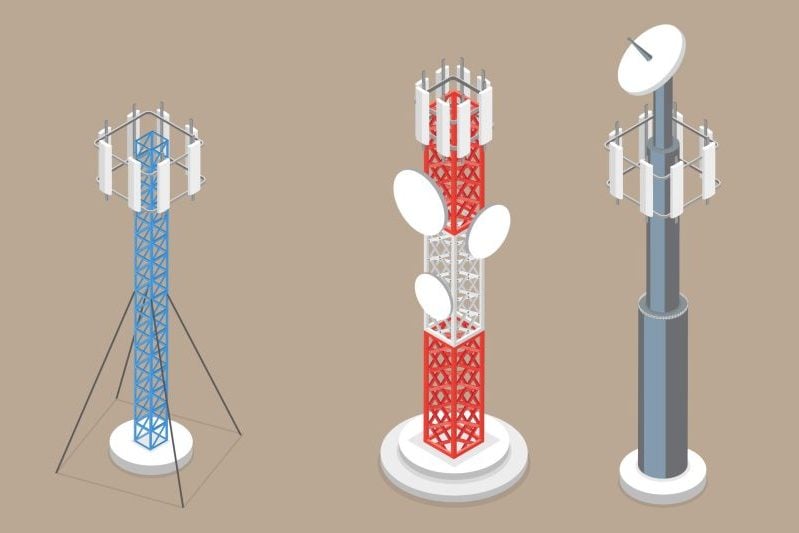Morocco’s 5G Rollout: A New Era for Economic Growth and Digital Inclusion
Morocco has taken a significant step forward in its digital transformation by launching 5G services across the country. This initiative marks a pivotal moment in the nation’s economic strategy, positioning 5G as a key infrastructure to drive industrial growth and reduce the digital divide.
The Moroccan government views the 5G network as a critical tool for enhancing competitiveness. By enabling faster data transfer, it aims to make information flow as efficiently as goods, creating a more productive environment for factories, logistics zones, and public administration. For industries that rely on precise timing—such as automotive manufacturing and shipping—5G’s low latency and high reliability are essential. A delay in a car part in Kenitra or a container at Tanger Med can have far-reaching effects on European supply chains, making 5G an invaluable asset.
According to the GSM Association, mobile-enabled technologies could contribute up to $11 trillion to global GDP by 2030, with manufacturing, finance, and transport being the primary beneficiaries. In Europe, private 5G systems in ports have already shown impressive results, with productivity increasing by approximately 20% and capital savings reaching nearly 15% compared to traditional Wi-Fi networks. These improvements, while modest on their own, can add up significantly across thousands of terminals and warehouses.
Morocco hopes to replicate these gains, aiming to solidify its position as a major manufacturing and logistics hub for both Africa and Europe. The potential economic benefits are substantial, especially if 5G access extends beyond urban centers. A UK government-commissioned review found that a 10% increase in broadband penetration can lead to GDP growth between 0.6% and 2.8%, depending on network quality and cost.
Ericsson’s Mobility Report predicts that by 2030, around 350 million households worldwide will receive broadband through fixed wireless access, with over 80% of those connections relying on 5G. For rural areas lacking fiber infrastructure, this technology could deliver essential services such as education, healthcare, and administrative support without the need for costly cable installations.
However, the success of 5G expansion depends heavily on financing. Governments globally have faced challenges in balancing revenue and coverage. For instance, Spain allocated €163 million from European recovery funds in 2024 to subsidize rural connectivity, while the United States established a $9 billion fund to extend service to underserved regions.
In Morocco, the regulator is taking a different approach, using regulatory stability rather than public funding to drive the 5G rollout. The ANRT’s licensing round in July 2025 set moderate one-time fees—900 million dirhams for Maroc Telecom and 600 million each for Orange Maroc and Inwi—alongside coverage targets of 25% by 2026 and 70% by 2030.
Operators have formed joint ventures to share assets and ensure long-term returns, but this strategy risks uneven access in low-density areas where costs may be prohibitive. The ANRT plans to evaluate operators’ progress after the first operational year, testing whether private coordination can expand coverage without significant state intervention.
Academic research published on arXiv estimates the global cost of universal 5G in developing regions at $1.7 trillion, which could be reduced to $500 billion under policies that streamline permits and attract investment. Despite these challenges, 5G adoption in Africa remains relatively low, with only 1.2% of mobile subscriptions and 11% of the population covered, according to the International Telecommunication Union. High handset prices and limited spectrum availability continue to hinder widespread deployment.
As Morocco moves forward with its 5G rollout, the focus will be on ensuring equitable access and maximizing the economic and social benefits of this transformative technology.
